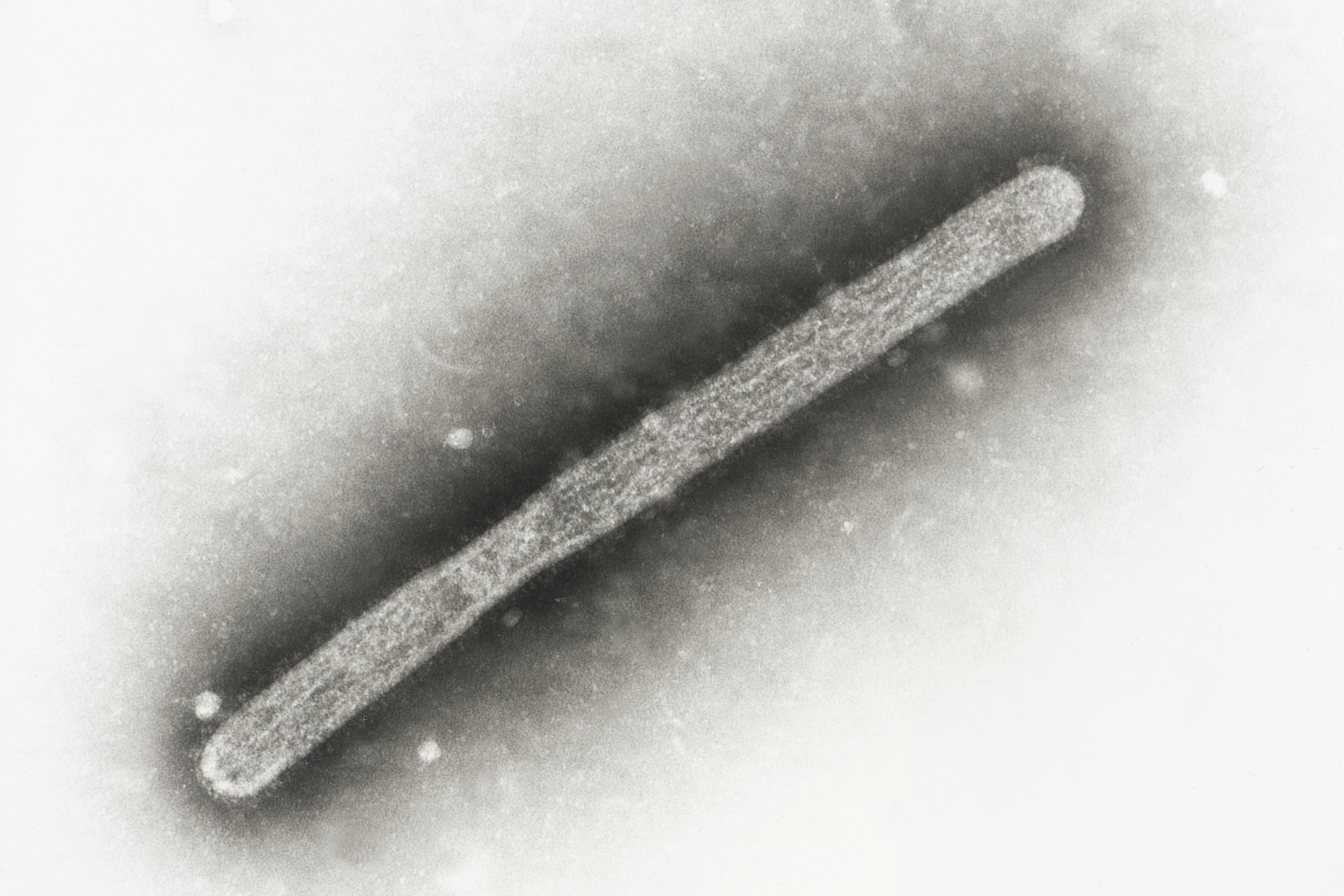1st US case of bird flu in a pig raises concerns over potential human threat
A pig at an Oregon farm was found to have bird flu

Your support helps us to tell the story
From reproductive rights to climate change to Big Tech, The Independent is on the ground when the story is developing. Whether it's investigating the financials of Elon Musk's pro-Trump PAC or producing our latest documentary, 'The A Word', which shines a light on the American women fighting for reproductive rights, we know how important it is to parse out the facts from the messaging.
At such a critical moment in US history, we need reporters on the ground. Your donation allows us to keep sending journalists to speak to both sides of the story.
The Independent is trusted by Americans across the entire political spectrum. And unlike many other quality news outlets, we choose not to lock Americans out of our reporting and analysis with paywalls. We believe quality journalism should be available to everyone, paid for by those who can afford it.
Your support makes all the difference.A pig at an Oregon farm was found to have bird flu, the U.S. Department of Agriculture announced Wednesday. It's the first time the virus has been detected in U.S. swine and raises concerns about bird flu's potential to become a human threat.
The infection happened at a backyard farm in Crook County, in the center of the state, where different animals share water and are housed together. Last week, poultry at the farm were found to have the virus, and testing this week found that one of the farm's five pigs had become infected.
The farm was put under quarantine and all five pigs were euthanized so additional testing could be done. It's not a commercial farm, and U.S. agriculture officials said there is no concern about the safety of the nation's pork supply.
But finding bird flu in a pig raises worries that the virus may be hitting a stepping stone to becoming a bigger threat to people, said Jennifer Nuzzo, a Brown University pandemic researcher.
Pigs can be infected with multiple types of flu, and the animals can play a role in making bird viruses better adapted to humans, she explained. The 2009 H1N1 flu pandemic had swine origins, Nuzzo noted.
“If we're trying to stay ahead of this virus and prevent it from becoming a threat to the broader public, knowing if it's in pigs is crucial,” Nuzzo said.
The USDA has conducted genetic tests on the farm's poultry and has not seen any mutations that suggest the virus is gaining an increased ability to spread to people. That indicates the current risk to the public remains low, officials said.
A different strain of the bird flu virus has been reported in pigs outside the U.S. in the past, and it did not trigger a human pandemic.
“It isn’t a one-to-one relationship, where pigs get infected with viruses and they make pandemics,” said Troy Sutton, a Penn State researcher who studies flu viruses in animals.
This version of bird flu — known as Type A H5N1 — has been spreading widely in the U.S. among wild birds, poultry, cows and a number of other animals. Its persistence increases the chances that people will be exposed and potentially catch it, officials say.
It isn't necessarily surprising that a pig infection was detected, given that so many other animals have had the virus, experts said.
The Oregon pig infection "is noteworthy, but does it change the calculation of the threat level? No it doesn’t,” Sutton said. If the virus starts spreading more widely among pigs and if there are ensuing human infections, "then we’re going to be more concerned.”
So far this year, 36 human cases have been reported — 16 in California, 10 in Colorado, six in Washington, two in Michigan, one in Texas and one in Missouri. Symptoms have been mostly mild, including eye redness, and all but one have been tied to contact with infected animals.
___
The Associated Press Health and Science Department receives support from the Howard Hughes Medical Institute’s Science and Educational Media Group. The AP is solely responsible for all content.